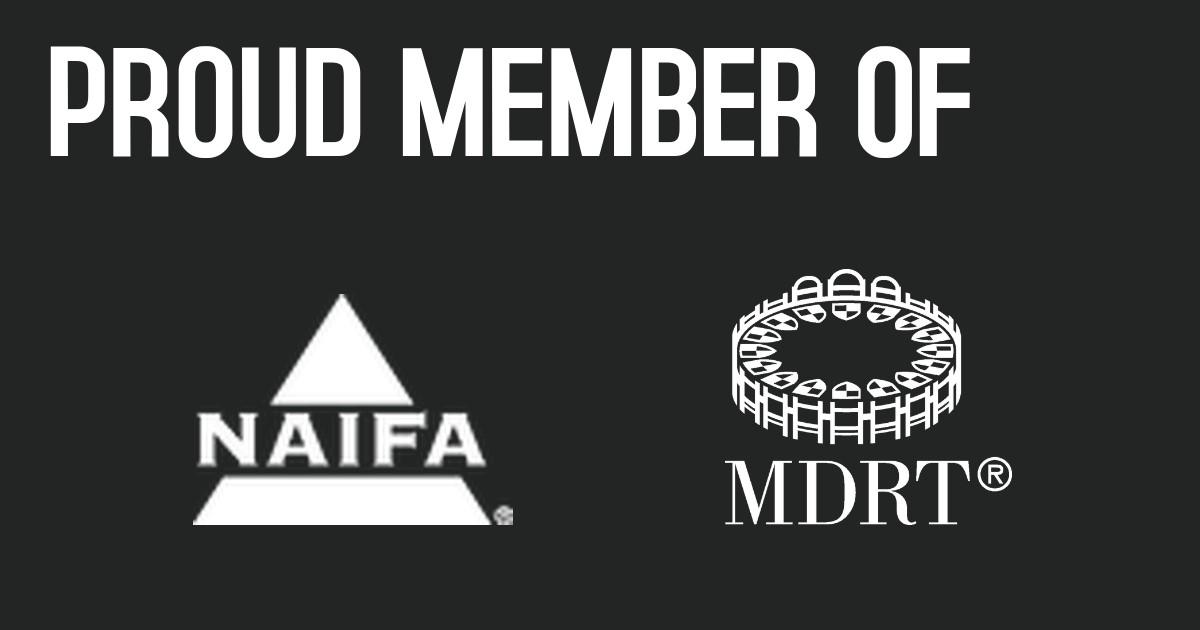Indexing
What exactly is indexing?
So you've heard us talk about how you can get the gains of the market without participating in the losses. This is called indexing.
So what is an index? The S&P 500, the NASDAQ, the Dow. These are indexes. For a lack of a better word, consider them like huge mutual funds.
So how do insurance companies get the gains of the market and not participate in the losses? It's pretty simple. They don't put the money in the market! They purchase an option to own that index at a set rate today and be able to exercise that option a year from now. So one year after your anniversary date, they will look at the index, see what it is, and credit your account accordingly.
Depending on whether you're using life insurance or annuities will depend on whether it's making large rates of returns or small rates of returns.
Breakdown of how indexing works
If we had an annual point-to-point and we started here on - let's say today - and say the S&P was at 1000. And then one year later on this date the S&P is 1200. That would be a 20% increase. The financial vehicle you use will depend on if it has a cap. Let's say the vehicle has a cap rate of 5%, that means that you made 5%. If it has a cap rate of 14%, you made 14%. Using the same example, if the market was up 10%, you still would have made 5% with the 5% cap rate.
The following year, the exact opposite happens. It goes from 1200 - down 20% - down to 960. In both cases, you would make zero.
There are many other different types of indexes. We recommend to sit down with us and let's pick out the one that's going to work best for you.
Schedule a no-cost, no-obligation consultation
All of these services are done through many different avenues such as in person appointments, phone appointments, web conferences, emails, webinars, workshops, and annual reviews for all existing clients.
Schedule an appointment today:
phone at (800) 538-8001 or email info@yoursafemoneypeople.com
Get started planning your future today!
YOUR FREE GIFT
Get an Estate Planning guide and answer the four most important questions about your retirement!



